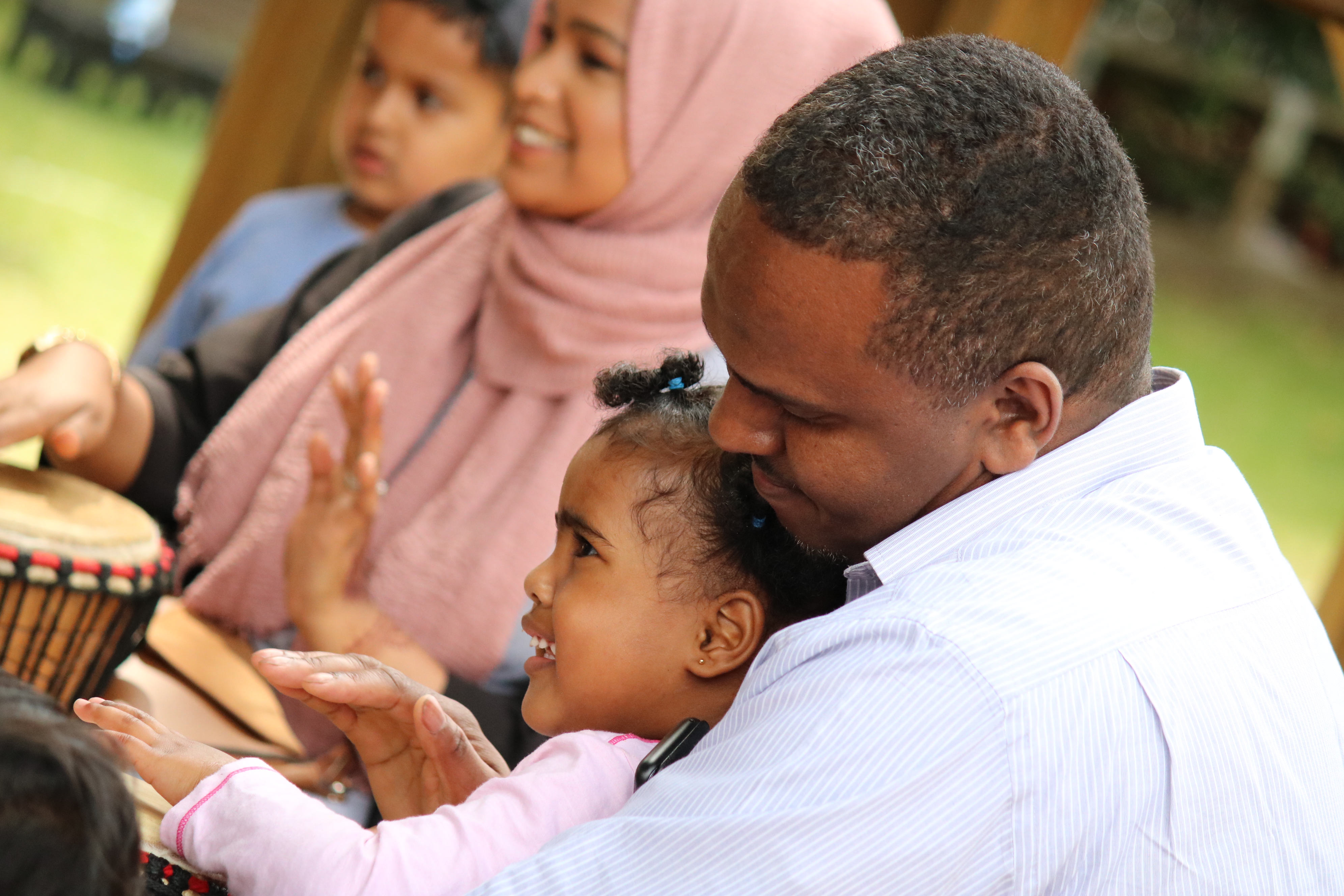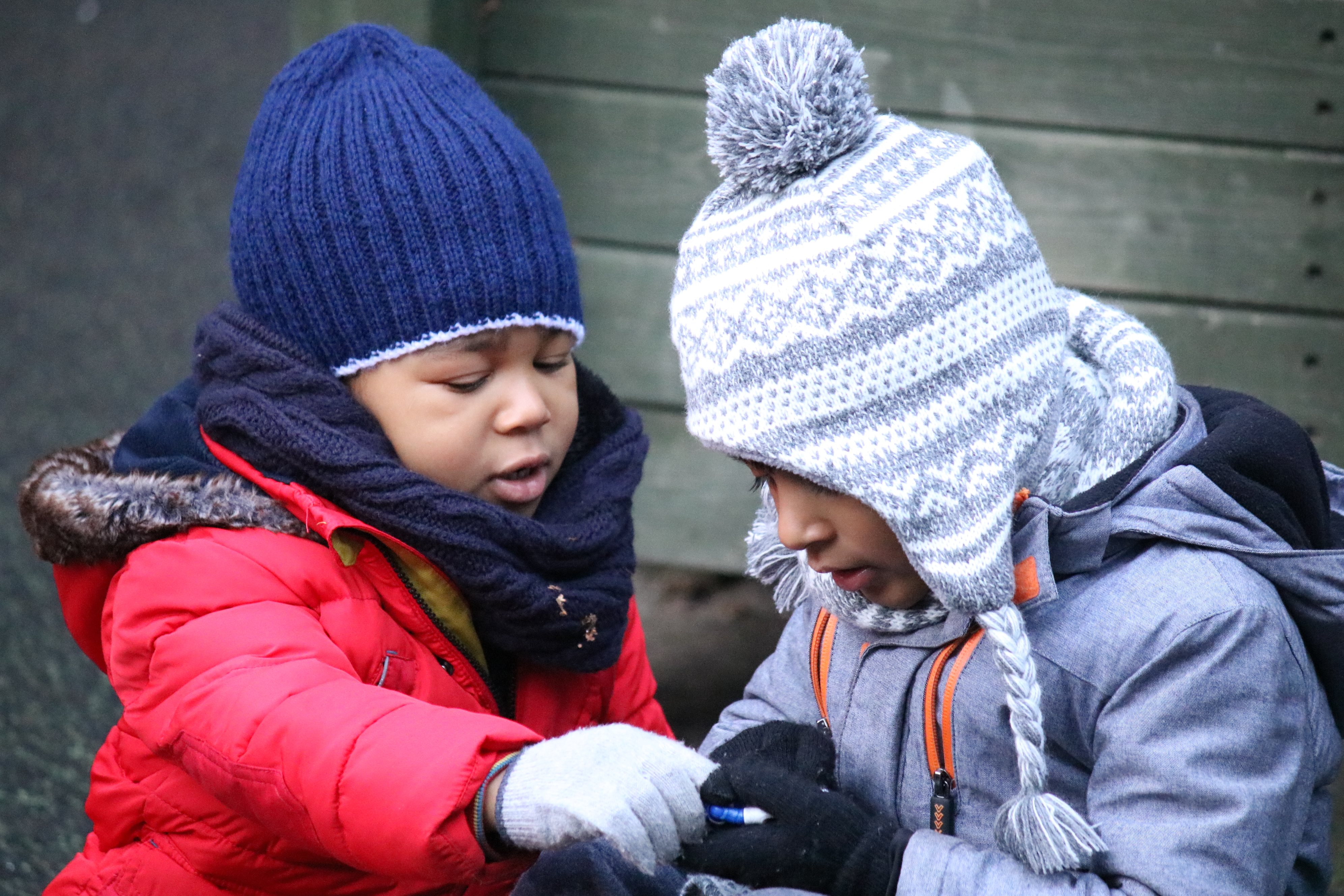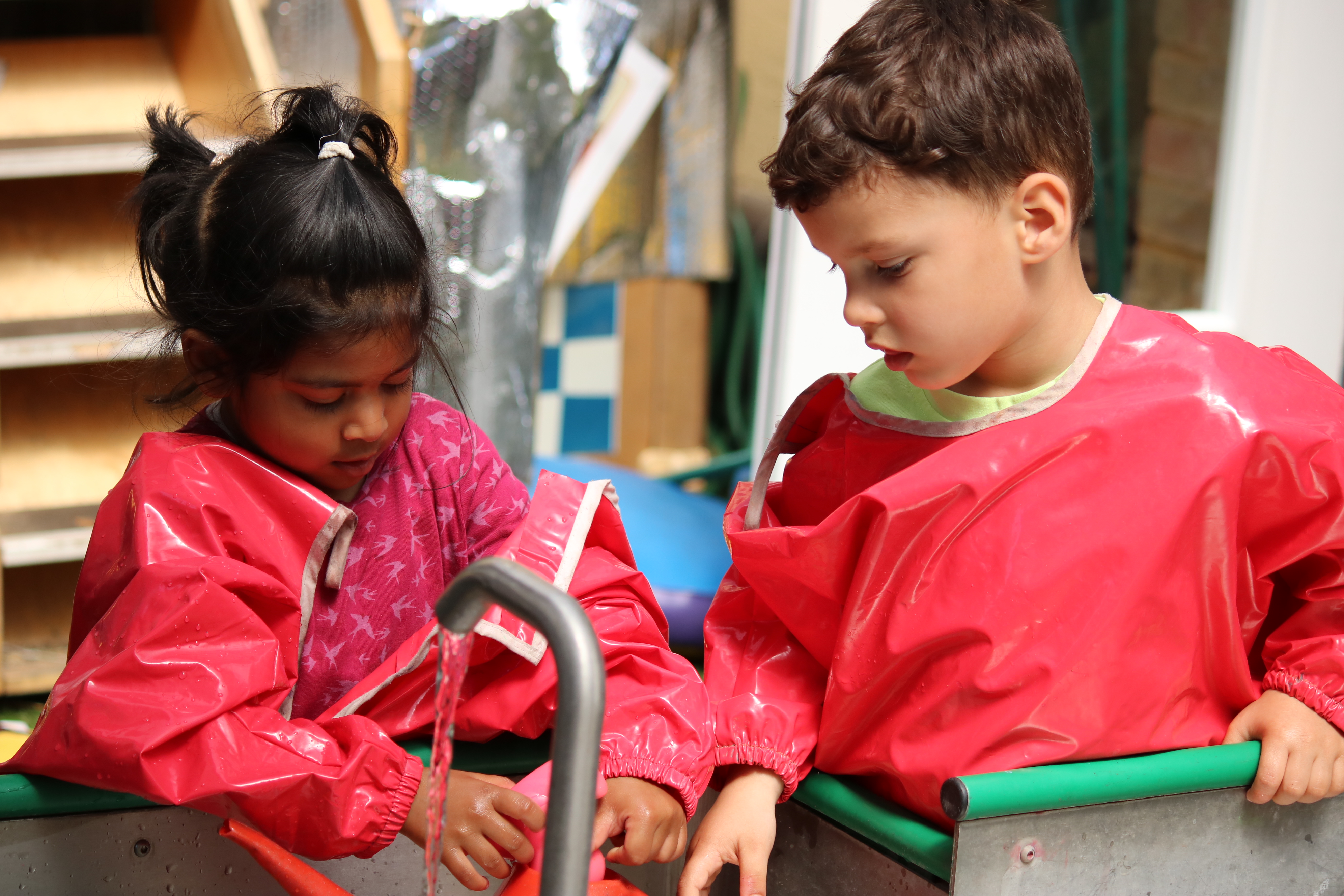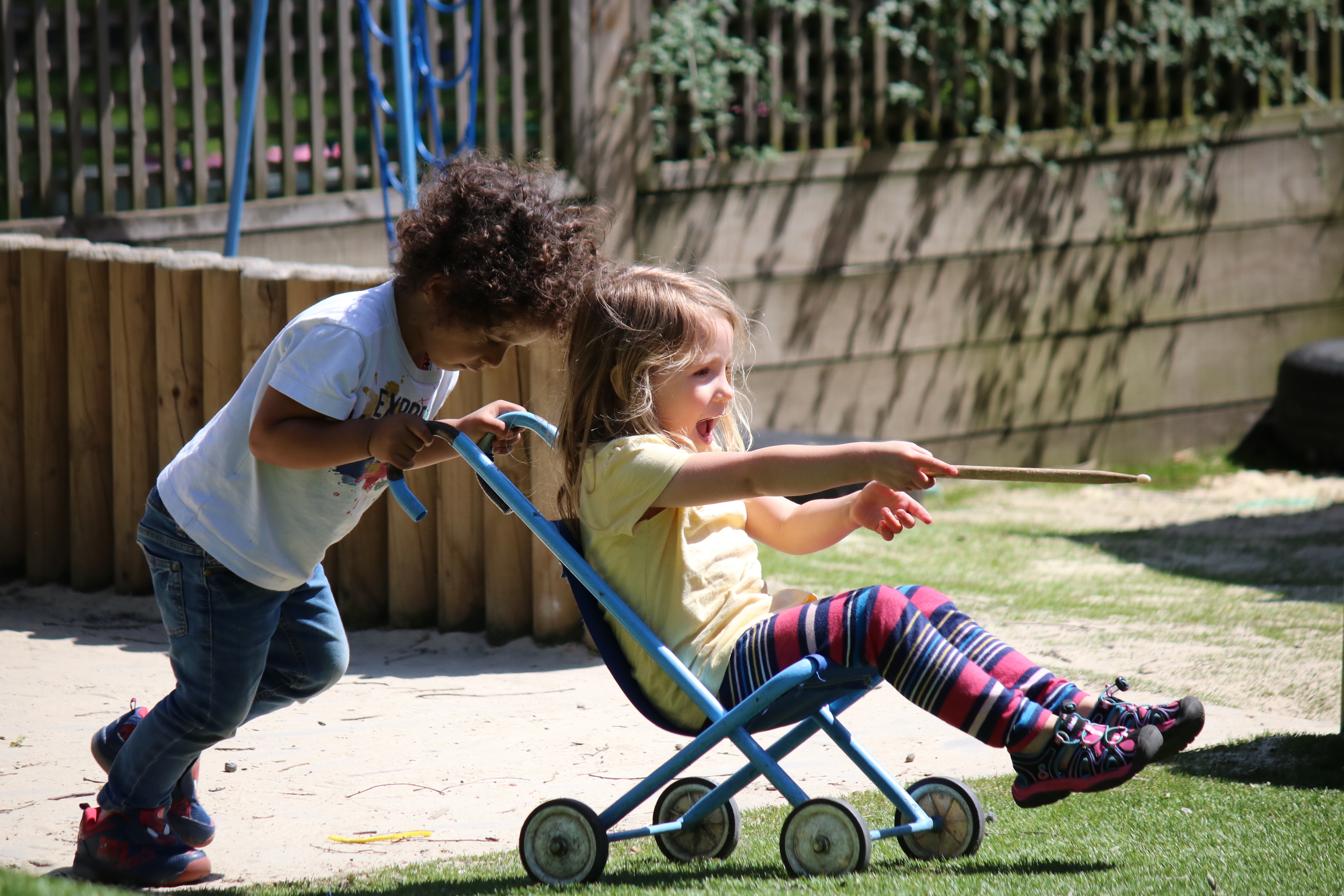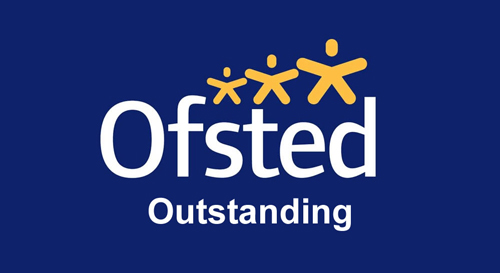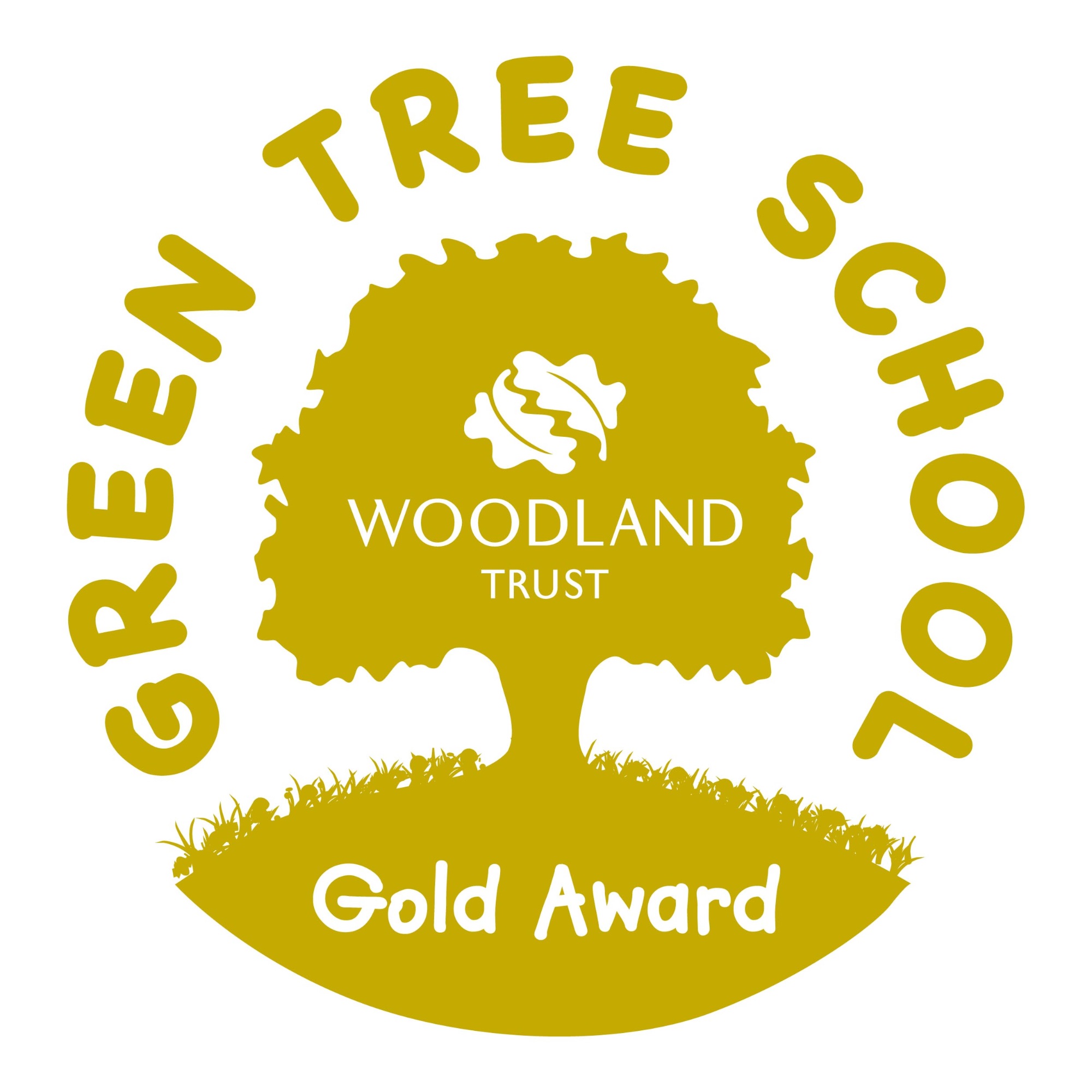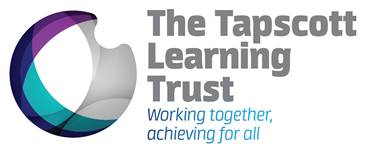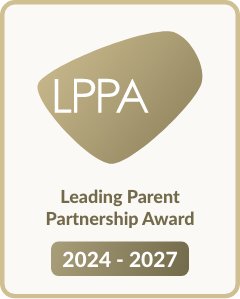Children's Development at Home
Use this list as a springboard for ideas that you can do at home to help your child's early years development. Remember this is just a guide and you are only limited by your imagination! The ideas here don't rely heavily on having to purchase anything additional to make them work and rely on basics you should have at home. Now let's get busy! (Please note, that we will be adding to this list so keep checking back for more inspiration).
Also, record all the fabulous things you are doing with your child in their "What I Did" book - the green book we hand out at the start of your child's journey with us. We can't wait to see all the wonderful things your child "did"!
- Read! Read! Read! We can’t emphasis this enough. Reading to your child is the single most important thing you can do with your child. As long as you are all feeling well, go to the library to borrow a whole range of books. It’s free to join and free to borrow! Also take advantage of our RC reading passport!
- Ask your child to draw a picture about the book you have just read with them. Talk them through the picture as they draw. Once they have finished you can ask them to describe the picture to you and you can write down what they said about the picture. This gives children a voice and when you write down what they say, it makes children feel their voice is important.
- Finding sounds in the environment; ask your children to find things in your house that start with a particular sound. For example, “S” - you can write down each item they find and build up a phonic sound word list. If you want to take this activity further and incorporate technology, you could ask your child to take a photo of the item using a phone camera or tablet (if you have these items). You could also put the letter “S” in the middle of a blank page and ask them to draw the pictures of the items they found.
- Making play dough with your child. We will have given you a simple recipe for making play dough with your child - let them take control. We work with the children to get them to make it themselves in the nursery. This is a great activity to work on maths and communication and language. The play dough handout we will give you will have loads of ideas on what you can do with play dough.
- Hand made finger paint recipe: https://theimaginationtree.com/homemade-edible-finger-paint-recipe/
- Matching Pairs - when you’re doing the laundry, use this as an opportunity to get your child to match the pairs of socks for you. This is a great maths activity and gives them a real sense of achievement in helping you around the house. What else can you get your child to match and put into pairs?
- During bath time, make sure you give your child some different sized plastic bottles and containers and let them explore volume (best to take out any other toys that might distract). You can help them by using language as full, half-full, empty, which has more/less?
- Make your own shakers from used blast if drink bottles filled with buttons, macaroni, rice or dried beans; anything that will make some noise when you shake them. Make a few using different items to identify the different kinds of noise they make. Shake one behind your back and ask you child if they know which shaker it was! Great for building on phonetic listening skills.
- The kids (and staff) at nursery love GoNoodle! Find out what its all https://www.gonoodle.com/for-families/ There is some free content on this website but you can also find stuff on YouTube. Great for call and response activities and getting your child active indoors!
- Children love washing up. Using a container give them some of their toys that can cope with being in the water like plastic dinosaurs and a sponge and some soapy water and let them clean their toys. They can even do this in the bath with a clean sponge.
- If you have a large box in the house, give it to your child and they will play happy for a long time. You can do so much with a box of any size; decorate it, draw on it, put things in it, make a bed for soft toys, make a house for figurines. Let yours (and your child’s) imagination go wild!
- Counting real things in the house. While they are playing, incorporate opportunities to ask your child to count. For example, when you child is playing with their toy cars, ask them to count how many green cars they have, how many white cars. If you are cooking, ask your child to count out 4 carrots for you, 6 potatoes. When you are cutting vegetables ask them how many pieces you have cut it in to. Make sure counting is real and meaningful.
- Counting and categorising; using everyday items you have in your home get your children to sort and count items into little bowls. Use different pasta shapes, dried beans, Lego/duplo blocks are some examples.
- Get your kids moving indoors. Turn off the lights and if you have some torches you can make your own disco. Dress up in something fun, put on some music and have a dance session with your child/ren.
- Why not try some yoga; a perfect thing to do when there is so much stress and tension around. There are lots of different free things you can find on the internet but a particularly good one for little ones is Cosmic Kids Yoga. Daily practice will help trend then the mind and body and allow children (and adults) to find their breath and calm much easier.
- Do some cooking together. Find some simple recipes that allow for child involvement. Here is a link to a good website that should give you a nice introduction: https://www.teachearlyyears.com/a-unique-child/view/recipes-to-get-children-cooking
- Use Lego or diploma blocks to create patterns. You can then draw some blocks out on paper and get your child to colour in the same pattern.
- Observational drawing - put some objects, like a bowl of fruit on the table and talk to your child about what they can see, the colours they can see and the shapes they can see. Ask them to select the colours they spoke about from their pencil or crayon packs and then ask them to draw what they see. You can do this activity alongside them so they can see what concentrating looks like. You’ll be surprised at the results.
- Dressing up! Even if you don’t have role play costumes,be creative and think outside the box. Throw a whole heap of different clothes and hats on the floor and see what your child comes up with.
- Try some of these online maths activities at this website: https://www.oxfordowl.co.uk/for-home/kids-activities/fun-maths-games-and-activities/
- If you have paints at home and cotton buds, you can make some dot paintings. If you want to extend this activity further you can write out your child’s name or some words and get them to use dots to go over the lines.
- Sit down together and look at family photos together. You could ask them to draw their own “photo” of a fun time you have had together. Or you could work on a family tree and get your child to draw a picture of all the family members in the tree.
- Build a den in the house using blankets and chairs or other household items to help secure things. Children love a little cosy hiding place and you can ask them to make it cosy using pillows, cushions and some of their favourite cuddly toys.
- Play eye spy using your child’s favourite book. This helps to focus the eye-spy activity to things on a page so it’s not so overwhelming for the child.
- Have you tried to exert your dance moves with your child with Boogie Beebies: https://www.bbc.co.uk/programmes/b006mvsc
- “Simon Says” is always a fun game to play with your child. Take turns being Simon. “ Simon says hop on one foot, Simon says tap your head, shake your hands in the air...you’re out!
- Lay down some masking tape on the floor and ask your child to use it as a balance beam! You’ll be surprised how much your child will enjoy this activity and for those wriggly children, a lot more difficult than they think!
- Give them a selection of people they could call and supervise them whilst they make a phone call to someone special. This is great for language and communication skills and will make the person they decide to call feel super special that they were the chosen one!
- Using a mirror, have some conversations about emotions. Happy, sad, angry, scared, surprised, worried, excited. This can be a fun activity to do together. Then you can play a guessing game, making the emotion with your face and asking your child to guess what emotion it is. Take turns with leading the game.
- Have a tea party. Lay a blanket and eat your lunch on the blanket - this can be done either inside or outside. Get the children to be independent in this activity. Lay some ingredients down and ask the children what they would like to put in their sandwich. They will be even more excited to eat when they have made it themselves.
- If you have some child scissors, practice cutting out shapes. You can use magazines or leaflets and then you can stick these on paper and make a collage.
- Play bus, train or airplane using chairs. Let your child lead this play. Talk about different destinations they could travel to, helping them out with their geography. This is always a fun role play activity.
- Don’t throw away your cardboard rolls. Children love these and they have so many uses. From being a pirate, to making a musical instrument, you’ll be surprised what your child will come up with.
- Let them play alone. It’s important for children to play alone as well! Sometimes boredom allows for the greatest levels of creativity and imagination.
- Click on this link from Early Education - Twelve links for supporting home learning: early years and primary - https://www.early-education.org.uk/news/twelve-links-supporting-home-learning-early-years-and-primary
- Try some P.E. With Joe Wicks on his YouTube channel. It's a great way to start the day for both you and your child! https://www.youtube.com/user/thebodycoach1
- If you are looking for a way to talk with your child about the coronavirus, the NHS ALder Hey have put together some resources that will be suitable for a range of ages. https://covid19.alderhey.nhs.uk/education-and-fun/
- Place2Be have pulled together some wonderful resources to help assist in whole family wellbeing. Of particular interest is the "RHS: Bringing the Sunshine Inside" offering tips and ideas on how you can grow things inside. Here is the link to the resources: Place2Be
- Also, click on the attachments below for even more inspiration!


